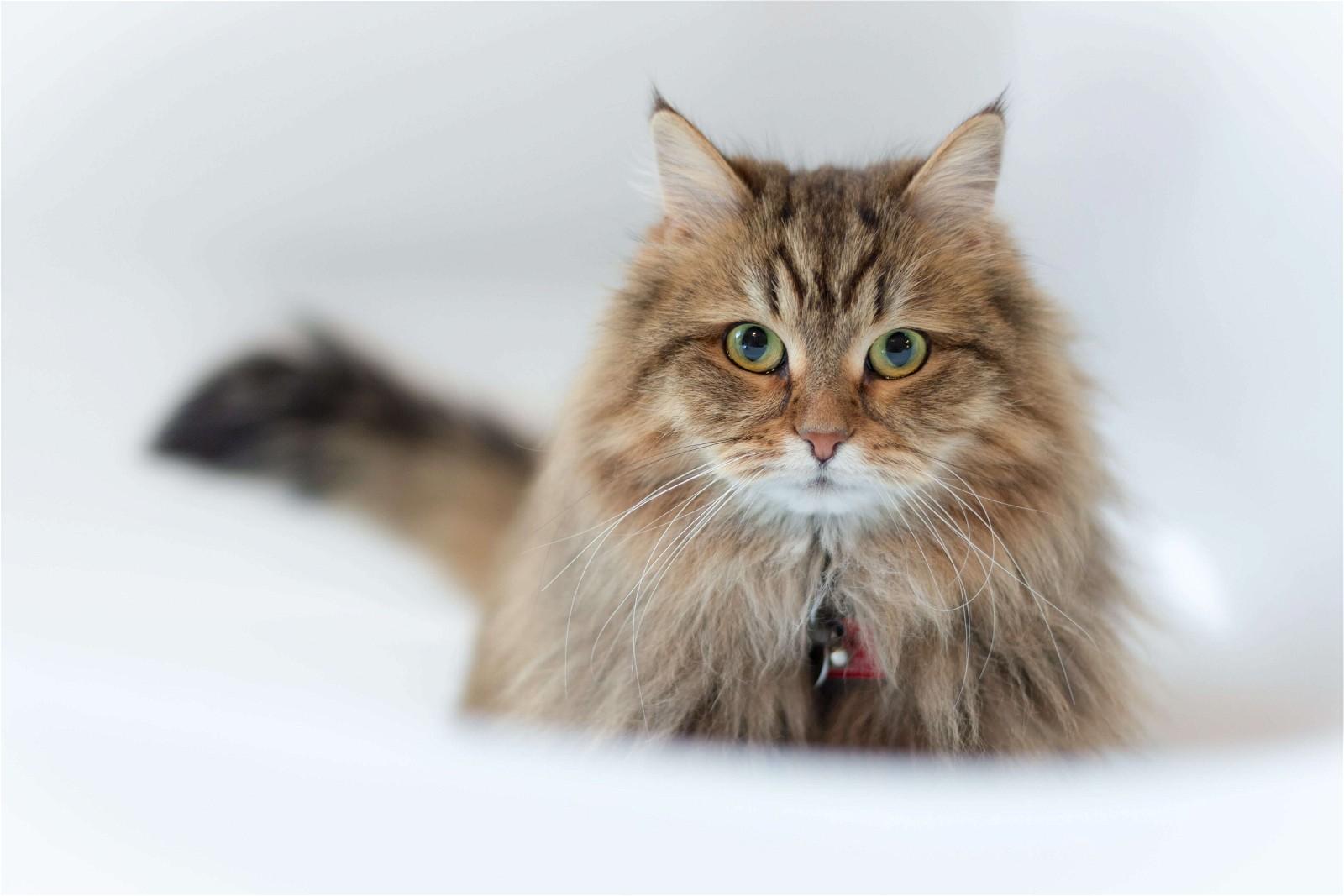Feline infectious peritonitis (FIP) is a devastating viral disease that affects cats worldwide. While it arises from a mutation of the common feline coronavirus (FeCV), FIP is a far more serious condition, often proving fatal. This guide aims to shed light on FIP, equipping cat owners with the knowledge to recognize its symptoms, understand its causes, and explore treatment options.
Understanding FIP
FIP is caused by a mutated form of the feline coronavirus (FeCV). While most cats infected with FeCV experience mild symptoms or none at all, in some cases, the virus mutates into the more dangerous FIP virus (FIPV). This triggers an overactive immune response, leading to widespread inflammation and organ damage.
Causes and Transmission
Feline coronavirus is highly contagious, primarily spread through contact with infected feces or saliva. Shared litter boxes and close contact between cats facilitate transmission. Stress, young age, and certain breeds (like Bengals, Birmans, and Himalayans) may increase susceptibility to FIP.
Recognizing the Symptoms of F.I.P
FIP manifests in two forms, each with distinct symptoms:
Effusive (Wet) FIP:
Fluid buildup in the abdomen or chest, causing a swollen belly or difficulty breathing
Lethargy, poor appetite, weight loss, and fever
Non-Effusive (Dry) FIP:
Inflammation in various organs, leading to diverse symptoms like neurological issues, eye problems, and gastrointestinal upset
Lethargy, poor appetite, weight loss, and fever
Diagnosis & Treatment
Diagnosing FIP is challenging, as its symptoms often mimic other diseases. Your vet will likely perform blood tests, examine fluid buildup if present, and may use imaging techniques like X-rays or ultrasounds.
While there's no cure for FIP, recent advancements have brought hope. New antiviral medications, like Remdesivir and GS-441524, have shown promising results in some cases, although access and legal availability may vary. Supportive care, including fluid therapy and anti-inflammatory medications, can help manage symptoms and improve quality of life.
Prevention of FIP
Preventing FIP primarily involves minimizing exposure to feline coronavirus:
Maintain good hygiene, especially with litter boxes.
Avoid overcrowding and stress in multi-cat households.
Consider limiting exposure to other cats, especially for young or susceptible breeds.
FAQs
How long can a cat live with FIP?
Survival times vary. With the effusive (wet) form, cats may only survive days to weeks, while the non-effusive (dry) form can allow for weeks to months. However, newer treatments offer hope for extended survival and even potential remission5.
How did my indoor cat get FIP?
Even indoor cats can contract FeCV, possibly from exposure to contaminated shoes or clothing. The virus can remain dormant for long periods, making the source of infection difficult to pinpoint4.
What are the first symptoms of FIP?
Early signs are often non-specific, including lethargy, loss of appetite, weight loss, and fever4.
Key Takeaways
FIP remains a serious threat to cats, but ongoing research and new treatments offer hope. If you notice any concerning symptoms in your cat, seek veterinary attention immediately. Remember, early detection and intervention are crucial in managing this complex disease.
About the Author
Gina Melendez works for the Eagle Glen Veterinary Clinic, and Dr. Hon Seok Jeong reviews this post. Eagle Glen Veterinary Clinic has been serving pets in LA since 1988! The vets and technicians have a passion for pet care and the skill to give excellent service! Visit https://www.instagram.com/eagleglen.vc/ or https://eagleglenvets.com/index.cfm for more.

With 10 years of experience as a pet parent, I aim to empower pet owners with insights into pet insurance and maintaining their pet's well-being. I aspire to be a trusted source, combining knowledge with a commitment to the welfare of our beloved pets.

Eagle Glen Veterinary Clinic has been serving pets in LA since 1988! The vets and technicians have a passion for pet care and the skill to give excellent service! Visit https://www.instagram.com/eagleglen.vc/ or https://eagleglenvets.com/index.cfm for more.
“Attention Required!” Cloudflare, https://vcahospitals.com/know-your-pet/feline-infectious-peritonitis. Accessed 22 Aug. 2024.
“Feline Infectious Peritonitis (FIP) in Cats.” MetLife Pet Insurance, https://www.metlifepetinsurance.com/blog/pet-health/fip-in-cats/. Accessed 22 Aug. 2024.
Hugo, Timothy B., and Kathryn L. Heading. “Prolonged Survival of a Cat Diagnosed with Feline Infectious Peritonitis by Immunohistochemistry.” The Canadian Veterinary Journal = La Revue Veterinaire Canadienne, vol. 56, no. 1, The Canadian veterinary journal = La revue veterinaire canadienne, 1 Jan. 2015, pp. 53–58, https://www.ncbi.nlm.nih.gov/pmc/articles/PMC4266056/.












